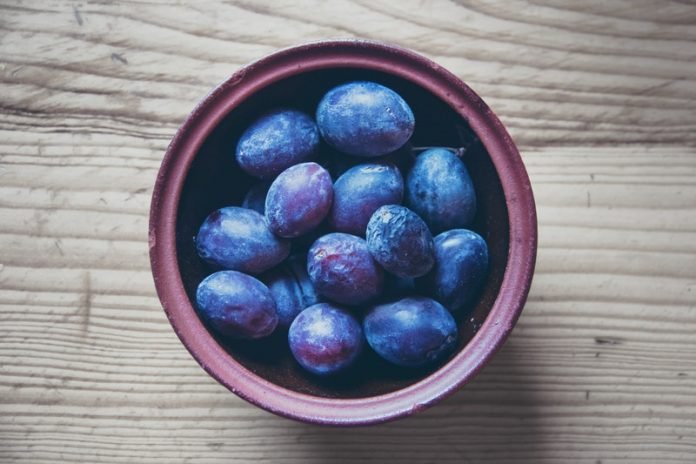
Summer is a great time for people to eat more fruits and vegetables.
Many summer fruits, such as berries, grapes, and cherries, are high in vitamins and minerals.
Recent research has shown that these fruits may also benefit people’s brain health.
Scientists from the University of Wollongong in Australia suggest that fruits high in anthocyanins, a type of flavonoids, can be especially beneficial to the brain.
The compounds provide the red, blue and purple pigments in fruits.
Fruits rich in the compounds include strawberries, cherries, blueberries, and plums.
Research has shown that these fruits may help protect against cognitive decline, which is an important sign of dementia.
This is because the high antioxidant content of the fruits could help reduce free-radicals and cut inflammation in the brain.
The antioxidant may also help inhibit cell death of nerve cells and improve connections between the neurons.
The connections between brain regions for learning and memory are very important to keep one’s cognitive function working.
Studies also have found that flavonoids may disrupt the aggregation of amyloid beta (Aβ) in the brain and help prevent amyloid plaques, which contribute to Alzheimer’s disease.
In addition, eating these fruits several times a week may increase learning ability, memory and motor skills and decrease dementia risk.
Other foods high in anthocyanins include red wine, tea, coffee, and some vegetables such as red onion and cabbage.
A recent study from Rush University finds that The Mediterranean-DASH Intervention for Neurodegenerative Delay, or MIND, could help to slow cognitive decline in stroke survivors.
MIND is the combination of the DASH and Mediterranean diets. It focuses on foods that promote brain health, including berries, vegetable fish and olive oil.
Copyright © 2019 Knowridge Science Report. All rights reserved.



